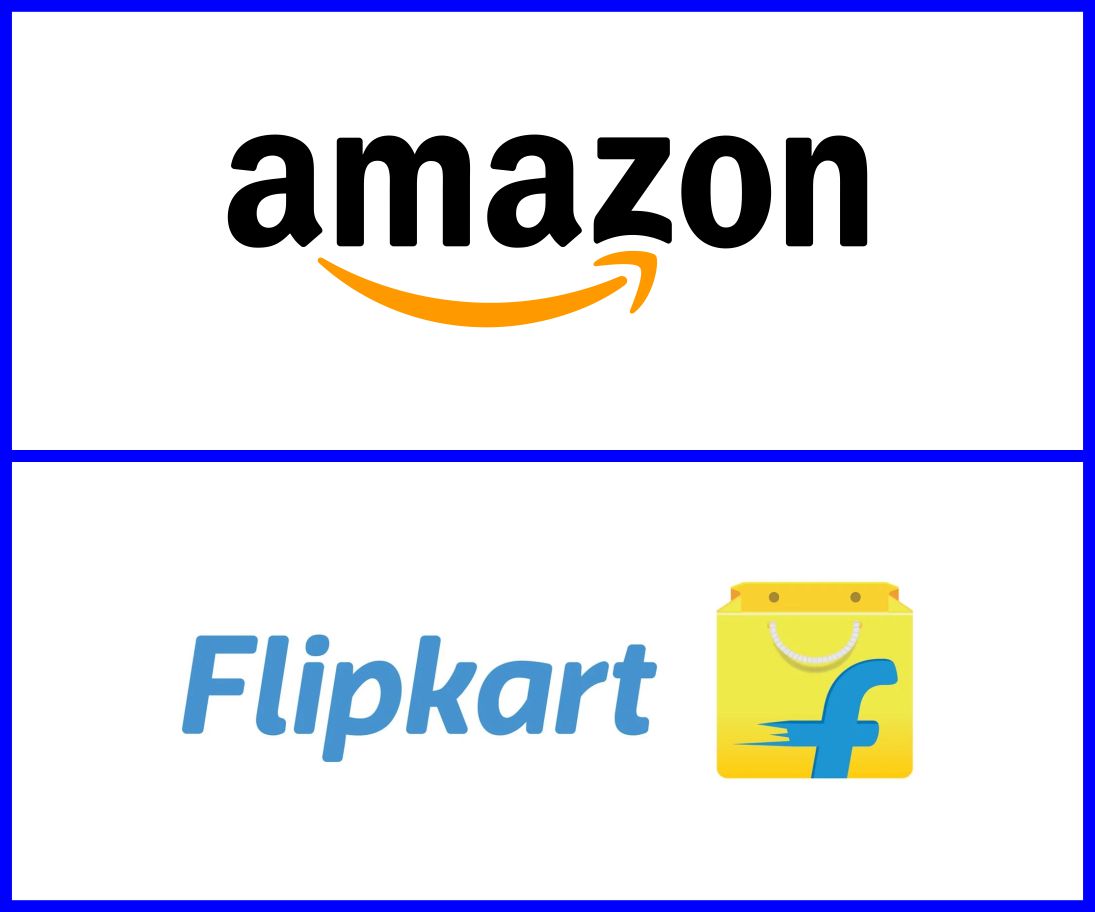Allow us to sell non-essential goods too, e-tailers urge government

Image For Representation
New Delhi: With the government allowing the opening of standalone retail shops in a bid to ease lockdown restrictions, Amazon and Flipkart on Saturday urged the authorities to also let them sell non-essential items so that millions of consumers at home can be benefitted.
Flipkart said they welcome the government’s decision of providing gradual relaxations in retail and hope for the safety and security of all stakeholders.
However, “a gradual opening up of delivery of non-essential goods through e-commerce will help meet consumer demands, which include items that will enable them to work from home, stay in touch with others and also address the rising temperature across the country,” a Flipkart spokesperson said in a statement.
“E-commerce can help meet these requirements in a safe and secure way while ensuring social distancing and allowing the government to continue their efforts to contain this situation,” the company spokesperson added.
An Amazon India spokesperson told IANS that e-commerce offers the safest way for sellers and retailers to serve the needs of citizens while ensuring social distancing.
“We are committed to keep citizens safe and urge the government to enable e-commerce to play its role in the joint fight against the pandemic by allowing the supply of all goods that people need over a prolonged period,” said the company spokesperson.
In a modification of the earlier order, the Ministry of Home Affairs (MHA) has replaced the term “shopping complexes” with “market complexes” within the limits of municipal corporations and “municipalities”.
Shops have been allowed outside the city limits except those in malls with 50 per cent workforce while wearing masks has been made compulsory.
Among the inclusions are shops registered under the Shops and Establishment Act of the respective states and UTs, including shops in residential complexes and market complexes, except shops in multi-brand and single brand malls.
Flipkart said that e-commerce can also support in easing the burden of piled up inventory of MSMEs and “help in the delivery of these products to consumers in a safe and secure way while following the robust safety standard operating procedures (SOPs)”.
“We as a company are committed to serve more than 100 million Indians from the safety of their homes, reduce the number of people who need to step out, while at the same time help hundreds of thousands of small businesses jumpstart their livelihoods in these difficult times,” added the Amazon India spokesperson.
On April 19, when the government said that e-commerce platforms will be able to sell only essential goods, Srinivas Mothey, Senior Vice President, Paytm Mall, said that the ambit of essential goods should be increased.
“We believe that the ambit of essential goods should be increased. India is mostly working from home at the moment, but many are finding it difficult as they are running low on certain items necessary to effectively operate under the lockdown,” said Mothey.
Laptops, mobile phones and accessories, computer hardware and webcams should be allowed to be part of essential goods, he added.
However, the Confederation of All India Traders (CAIT), which has been urging the government to limit the operations of e-commerce platforms to essential goods during the lockdown period in the interest of small traders, applauded the decision and termed the move as “pragmatic”.
On Saturday, the traders’ body with over 7 crore traders across the nation wrote to Union Commerce Minister Piyush Goyal and Urban Development Minister Hardeep Puri, mentioning that in the context of opening of shops or markets, it is necessary that shops and markets are properly sanitised.
“We appeal to the traders across the country to not open their shops in their extreme enthusiasm and await the order of respective state governments and as per the same, the shops can be opened. Since trade and shops and establishment are state subjects, only the state governments are empowered to take the decision,” said Praveen Khandelwal, CAIT’s national general secretary.
IANS







